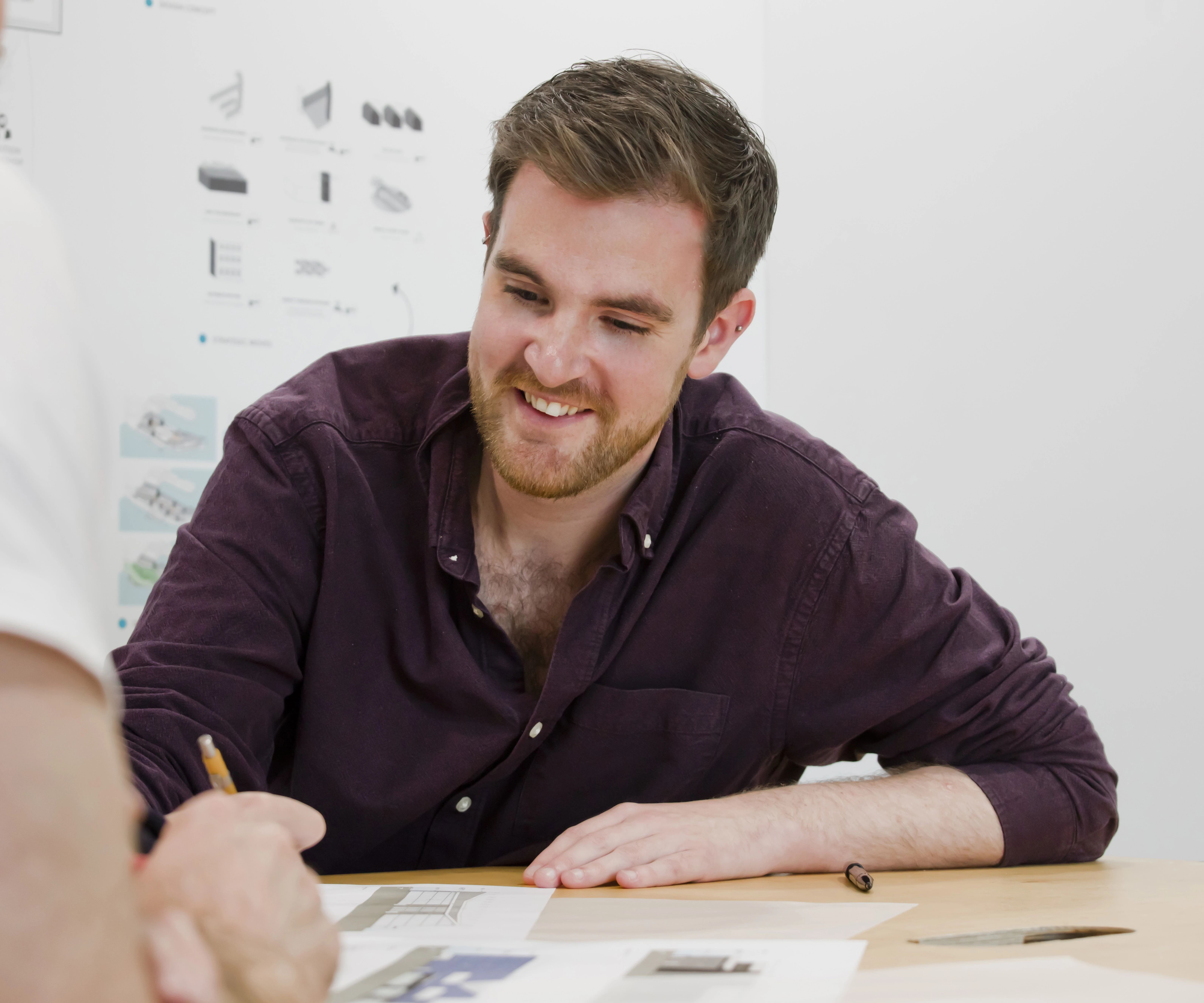
Partner Article
Are we witnessing the death of the office?
Michael Simpson, associate at GT3 Architects, says that as a result of the Covid-19 pandemic, the future of work will require a transformation in the way people work and how space can be used. The bigger question is whether employers are ready for change?
The lockdown during the Covid-19 pandemic has raised a number of questions about the traditional workplace, as many office-based workers have been forced to work from home for an extended period of time. This is the type of large-scale social experiment that workplace consultants have long dreamed of to provide the hard data that is so compelling in an information-rich age.
Of course, in reality, many employees have had the tools and technology to work from home for over a decade but only the most enlightened of employers have seriously explored the opportunities of flexible working with the majority sticking to a more traditional, rigid, office-based model that has been the vogue since the Taylorist era of the 1930s where presenteeism is erroneously equated to output.
The reason for this is simple. Trust, or to be more specific, a lack of trust. In an age where management (and often micro-management) has been elevated to a fine art, the fear of managers that employees might sit at home in their pyjamas all day watching Jeremy Kyle, has trumped the enormous performance and wellbeing opportunities of flexible working. In this sense, the biggest shift we are currently experiencing with home working is not so much a change in place but a change in culture.
This emphasis on people ahead of place is well founded when you consider that the physical workplace typically equates to only about 8-12% of company expenditure. With staff costs equating to around 80% of corporate expenditure, however, it is clear the greatest investment impact is to be gained in leveraging the talent and abilities of your greatest asset and cost item i.e. your staff.
So how has home-working impacted on employee wellbeing and productivity? The evidence so far is pretty well. While some employees are struggling with the challenge of social isolation (especially those living on their own), many others are enjoying the flexibility offered by working from home and the ability to manage their own work/life balance to suit their own specific circumstances.
The removal of the daily commute (which generates a significant reduction in CO2) has in many cases increased the number of productive hours in the working day which, in turn, is typically multiplied by each hour being more focussed and effective with a resultant uptick in overall productivity. The flip side of this equation is greater autonomy, empowerment and control for employees over their work which leads to improvements in overall health and wellbeing.
Many commentators are asking if we are witnessing the death of the office. Much to the relief of investors, property companies and developers, the answer is a resounding ‘no’. What we are experiencing is the acceleration of a process of continual change driven in this case more by a health crisis than by technology, demographics or the environment as has been the case in recent decades.
Work is now the word for what we do, not where we go and the future workplace is likely to be a network of physical and virtual places, connected by ‘touch-less’ technology to provide a variety of settings to support a wide variety of tasks, cultures and personality types. The drive for density that characterised the last decade of the workplace will be offset by a return to lower density environments that support performance, wellbeing and health. The new office will be a social condenser, a place that encourages chance human encounters and that supports innovation, collaboration and interaction, all of which are such valued qualities in the global, knowledge economy.
Whether we like it or not, the future of work will require a transformation in the way people work and how space can be used. The bigger question is whether employers are ready for change?
This was posted in Bdaily's Members' News section by GT3 Architects .
Enjoy the read? Get Bdaily delivered.
Sign up to receive our daily bulletin, sent to your inbox, for free.








 Navigating the messy middle of business growth
Navigating the messy middle of business growth
 We must make it easier to hire young people
We must make it easier to hire young people
 Why community-based care is key to NHS' future
Why community-based care is key to NHS' future
 Culture, confidence and creativity in the North East
Culture, confidence and creativity in the North East
 Putting in the groundwork to boost skills
Putting in the groundwork to boost skills
 £100,000 milestone drives forward STEM work
£100,000 milestone drives forward STEM work
 Restoring confidence for the economic road ahead
Restoring confidence for the economic road ahead
 Ready to scale? Buy-and-build offers opportunity
Ready to scale? Buy-and-build offers opportunity
 When will our regional economy grow?
When will our regional economy grow?
 Creating a thriving North East construction sector
Creating a thriving North East construction sector
 Why investors are still backing the North East
Why investors are still backing the North East
 Time to stop risking Britain’s family businesses
Time to stop risking Britain’s family businesses